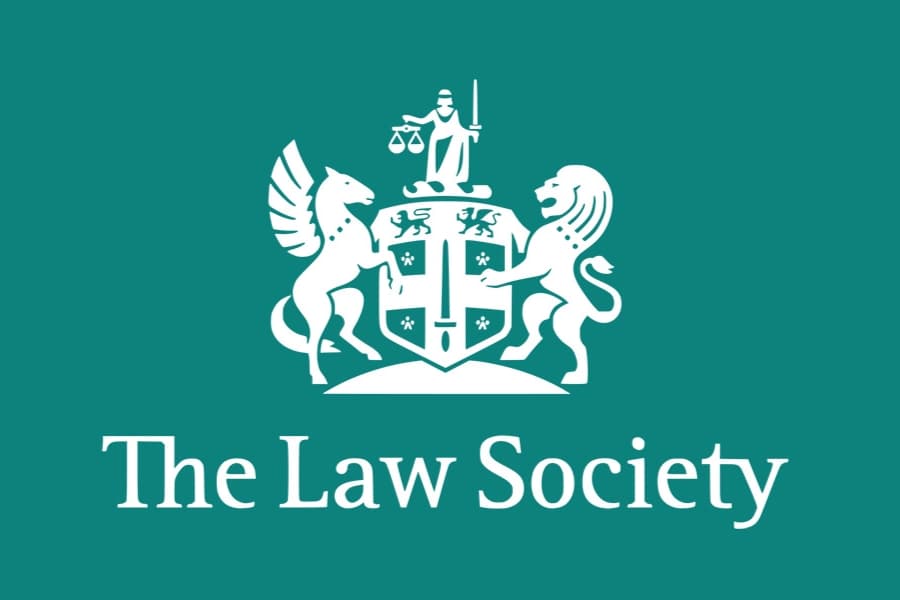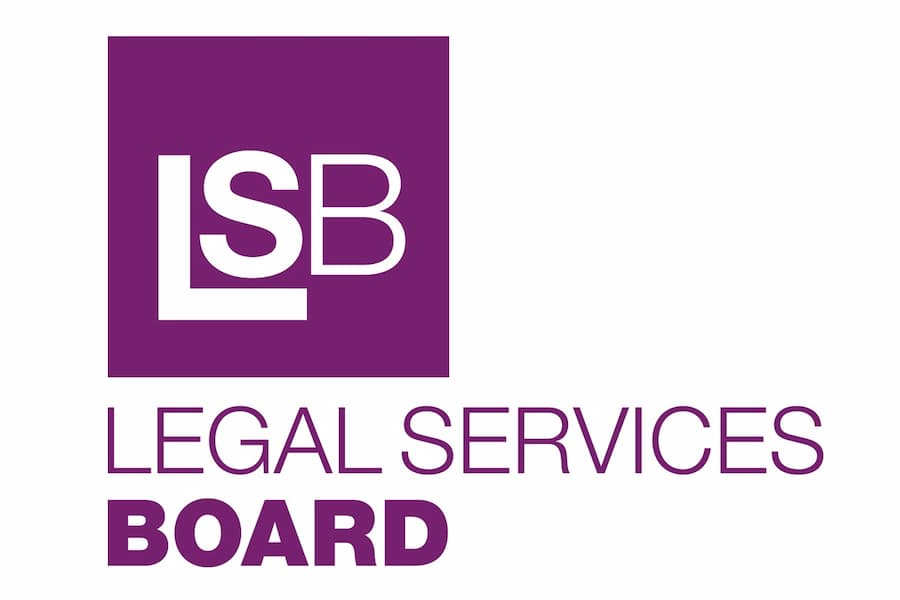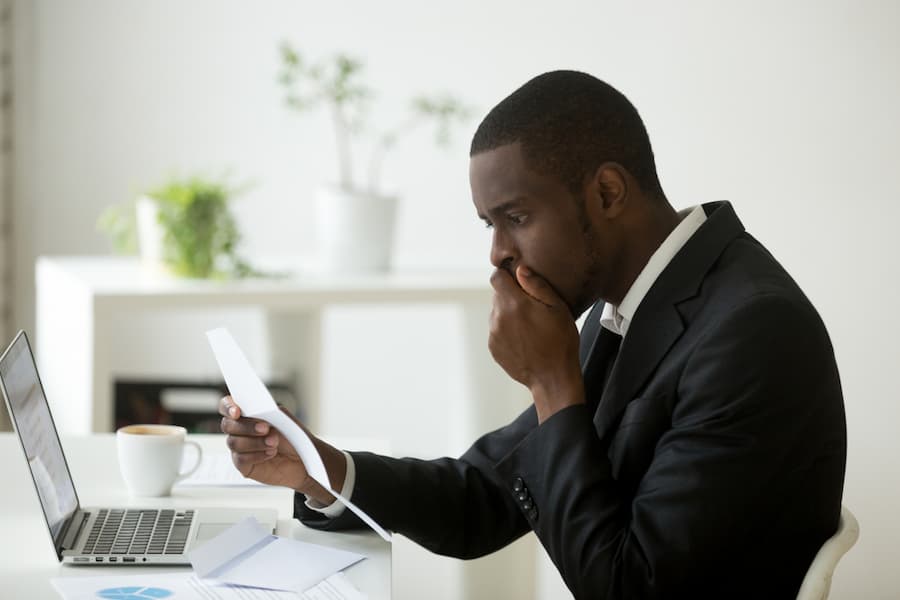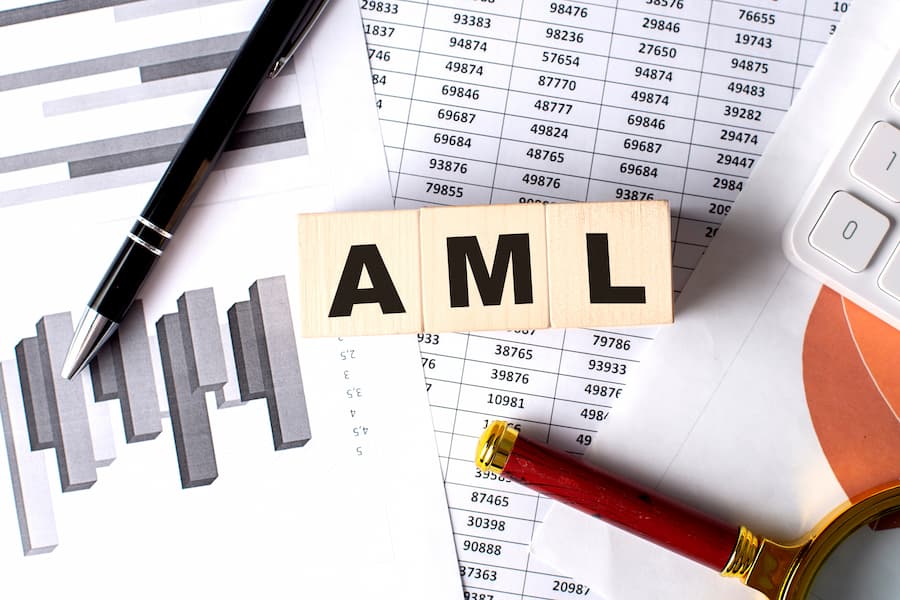Richard Hugo-Hamman, Chief Executive Officer at LEAP Legal Software talks about the changing landscape of legal technology and how firms can get the most out of new developments.
What clients are looking for today are lawyers who are responsive and have all the information about their matter available all the time. The days of waiting for your lawyer to get back to the office for matter information are gone.
The success of every law firm has always been dependent on the quality of service provided by its lawyers. And that service, outside of legal skills, is now largely dependent on the quality, speed and convenience of the information that modern technology can deliver.
Traditionally lawyers were lazy about this. They delegated technology decision making to back office IT and accounting staff using the excuse that they were not ‘tech savvy”. But times have changed. Every lawyer knows how to use a browser. Every lawyer knows how to use a smartphone. Power has shifted to the service provider, the front office, you, the lawyer, to make these buying decisions.
Most people use smartphones constantly. They expect their lawyer to do the same. To choose the right solution for you, it is important to undertake the proper research. All systems are not the same, and it is the functionality and the content which is far more important than the technology. Only you as a lawyer are qualified to assess how a particular product will help you work better.
To achieve a minimum standard for a 21st century practice a lawyer needs:
- Mobility – to be able to work from anywhere – even whilst on the move.
- Productivity tools – with pressure on charge rates, efficiency is essential.
- To provide great client service – competition is fierce and loyalty no longer exists.
- Convenience – it needs to be easy so that your mental focus is on the matter at hand not technology.
- Lower cost – the cost of complex servers and expensive IT departments cannot be justified by small law firms; cloud software simplifies your technology, makes your data safer, and is considerably cheaper.
With so much law being practiced out of the office the issue of making accurate attendance and time keeping records has become a major problem for many lawyers who often have to rely on memory to make these records when they get back to the office. This is inaccurate, risky and costly. Time slippage and undercharging can be a huge problem for a law firm.
Your smartphone can enable you to access all your matter information, record time that instantly synchronises with your system anywhere in the world, make file comments, read and compose emails, which are instantly filed away against the correct matter. This aligns the way in which you work with your client’s expectations and importantly makes sure that you charge accurately for what you do no matter where you do it because you have accurate time stamped records of all attendances. And this can all be done easily on a smartphone without any training needed. I’m sure that you didn’t originally become a lawyer to fill in timesheets, and now your smartphone can help you automate what was an arduous and boring task. Not only that but it can turn your timesheet into an invoice.
Accurate time recording is essential, not only to ensure that you maximise your billing, but also to safeguard you and your interests. If you bill little and often then you do not run the risk of being left with a large bill to issue in the unfortunate event that you may lose a case. Many a lawyer has under-billed after an unsuccessful outcome, and let’s face it, an invoice comes under far more scrutiny than if the case was won. With a smartphone recording system, and proper documentation your billing will become more effective and you will become more productive. No more guesswork and trying to retrospectively justify timings. No more of the “drop test” of yesteryear when a senior partner would (under)estimate billable time by the sound made by dropping the manila folder on the floor to indicate how much time had been spent on a case.
When your case management, time recording and legal accounting are all in one elegant solution (not cobbled together from multiple suppliers) record keeping and compliance become a natural consequence of your work. It is cheaper too.
So you know how to use the Internet and a smartphone, but what are you doing to ensure you are best utilising 21st century technology in your firm?




















